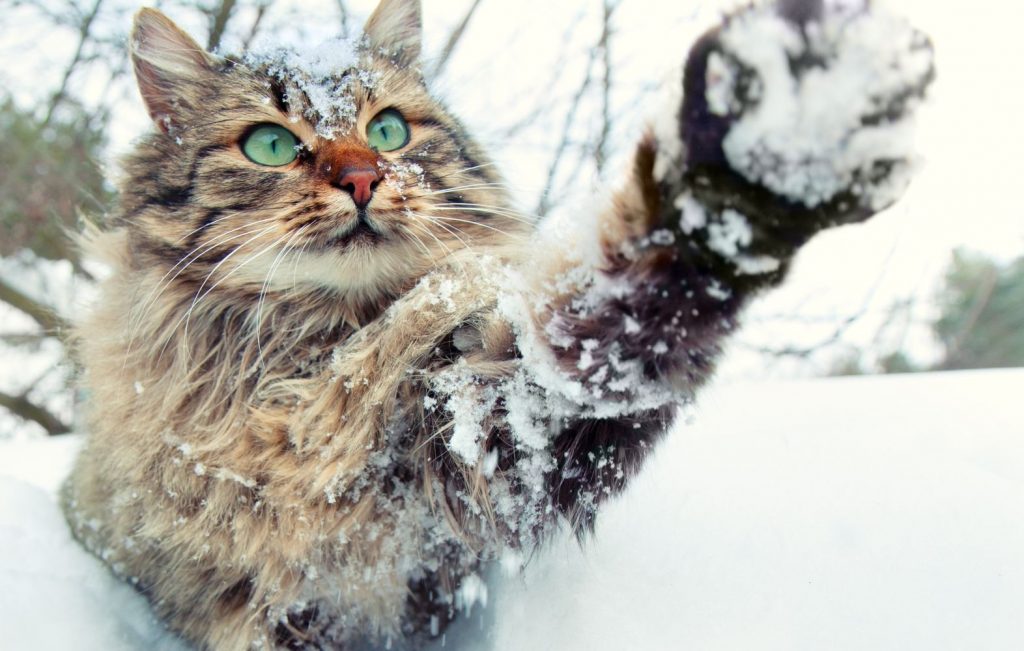Prepare for the Worst: How to Recognize and Treat Antifreeze Poisoning in Pets

Most pet owners develop a certain mindset regarding their pet’s overall health and safety. The concept of “whatever can go wrong, will go wrong” might not necessarily be the healthiest or most sustainable, but it can serve to keep pets as safe as possible. Regarding antifreeze poisoning in pets, being able to assess a pet’s risk of exposure is an important key. It’s also essential to know what the symptoms are and what to do if your pet ever shows signs of poisoning.
Extreme Weather
Antifreeze works by regulating the engine’s temperature in our vehicles. In extreme weather, antifreeze maintains a regular temperature that helps protect the engine and improve effective, safe driveability.
Composed of water and ethylene glycol, even a small amount of antifreeze can be deadly to pets. To make matters worse, antifreeze has a sweet smell attractive to many animals.
Frequency and Volume
There is no safe amount of ethylene glycol for a pet to consume. However, their symptoms will depend on when they sampled antifreeze and how much they ingested .
Once consumed, antifreeze is quickly absorbed and metabolized. Within a short time, a pet can appear dazed, confused, and wobbly. Obvious behavioral shifts include drinking excessive amounts of water, increased urination, and vomiting. These signs should never be ignored.
Typically, antifreeze poisoning in pets peaks at about three hours after ingestion. Afterwards, pets may show signs of improvement, but by the time ethylene glycol reaches the liver and kidneys, 3 separate toxins are formed: glycolic acid, formic acid, and oxalate. These toxins are responsible for extensive kidney damage. No longer able to eliminate waste, the damaged kidneys lead to:
- Diarrhea
- Mouth ulcers
- Rapid respiration
- Lethargy
- Dehydration
- Seizures
By the time the above symptoms develop, it becomes much more difficult to effectively treat antifreeze poisoning in pets.
Antifreeze Poisoning in Pets
If you know or suspect that your pet sampled a taste from a puddle of antifreeze in the garage, driveway, or street, call us immediately. We can run a quick test to confirm the presence of ethylene glycol in the bloodstream, and administer treatment for antifreeze poisoning in pets if symptoms are caught early on.
Monitoring a pet for kidney damage is critical, rehydrating them, and keeping them warm and comfortable are key to a positive outcome.
Pet Safety 365 Days a Year
The proper storage of antifreeze is vital to pet safety. Check your vehicle for leaks, and always clean up any spills. Contaminated rags or towels should be promptly thrown away. Do not allow your pet to take drinks from rain or melted snow puddles, and wash their feet after walks.
An alternative to ethylene glycol is another antifreeze product containing propylene glycol. While considered safer for pets, propylene glycol products also require careful vigilance and storage.
If you have additional questions or concerns about antifreeze poisoning in pets, give us a call at (260) 637-7676. Our staff members are always happy to help you at Dupont Veterinary Clinic.

